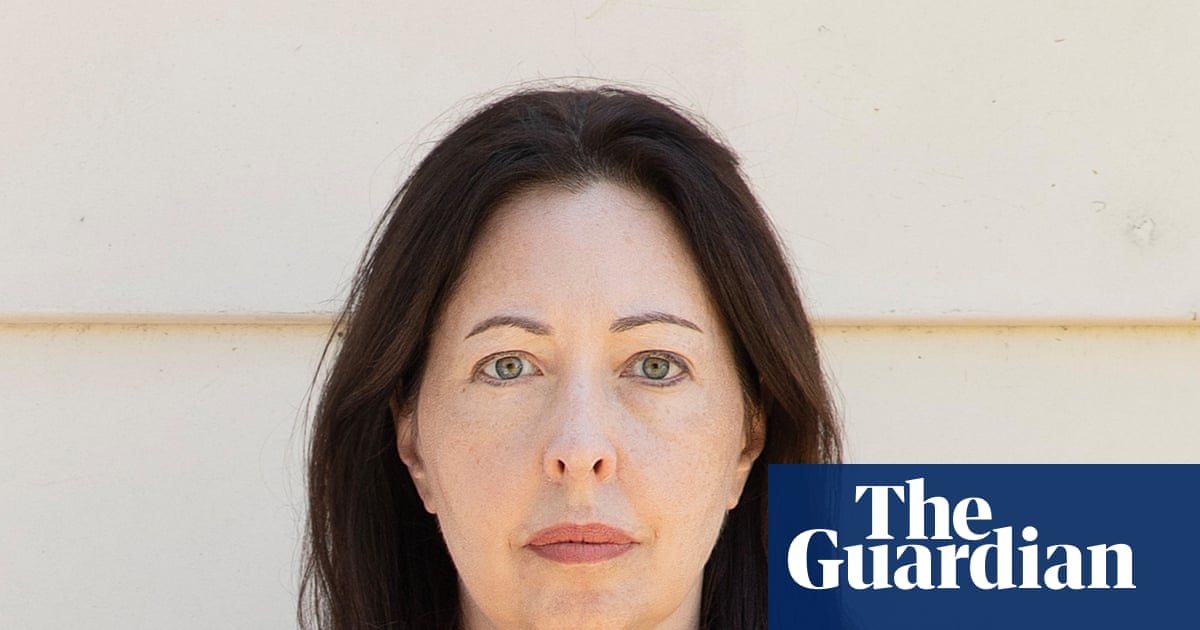
"Jane's partner, John, lies about his feelings, his financial status, where he is going and where he has been. He is chaotic, lazy, resentful, entitled and given to getting drunk and spending money he hasn't got. At the start of their marriage, Jane's career as a writer and academic is on the up, while John a visual artist and aspiring film-maker has hit a professional wall."
"My husband asked me why I was so much angrier than other women. It always made me smile, Jane reflects. I was exactly as angry as every other woman I knew. But is John solely to blame for the couple's troubles? As Jane chronicles one slight after another, all the while making excuses for them both, you begin to wonder about her collusion and self-deception in this unhappy setup."
Jane's partner, John, repeatedly lies about his feelings, finances, whereabouts, and professional prospects. John behaves chaotically, drinks, spends beyond his means, and resents responsibility. Jane's writing and academic career advances while John's visual-art and film ambitions stall, prompting repeated relocations that disrupt her work. After their son is born, Jane assumes primary parenting duties as John withdraws. Rebecca Lowman's seething, staccato narration complements quietly livid prose. Jane acknowledges widespread female anger and also portrays patterns of collusion and self-deception. The narrative concludes that marriage encourages dishonesty and mutual self-betrayal.
Read at www.theguardian.com
Unable to calculate read time
Collection
[
|
...
]